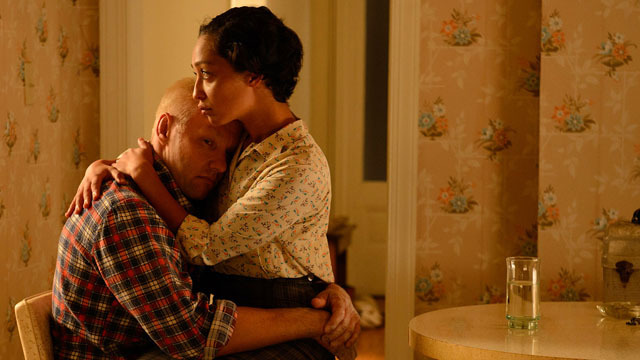Stories, when told well, can serve as a warning sign that draws attention to something important. Something very important was said in two films this year that you may have missed, so I want to talk about them here.
The documentary "13th," (an Ava DuVernay project) is a powerful and unsettling look at the injustices being perpetuated by our own constitution, and how the African American community has had to bear most of the weight of this. Here are just a few of the statistics in the documentary:
- From 1970 to 2014, the number of people incarcerated in the U.S. has jumped from 357,292 to 2,306,200
- A white male has a 1 in 17 chance of ending up behind bars in their lifetime, whereas an African American male has a 1 in 3 chance
- The number of black prisoners now exceeds the number of enslaved blacks in 1850
Additionally, the United States only makes up a little bit less than 5% of the world's population, and yet it holds almost 25% of the world's prisoners.
The documentary doesn't try to beat us over the head with shame and guilt. It presents the facts, educates us, and invites us to change our thinking and let this reality really sink in. There were some huge gaps in my understanding of our nation's criminal justice system and my guess is this issue flies under the radar for many of us. You can watch the documentary on Netflix for free right now. There's also a great article on the film from the LA Times if you want to learn more.
The film "Loving " brought things into perspective for me even more. "Loving" is the real-life story of a bi-racial couple living in Virginia in the late 1950's/early 1960's. "13th" zooms out and helps us see the larger institutional and systematic problems around race in this country, while "Loving" zooms in, showing how the system impacted one couple.
Mildred and Richard Loving (played by Ruth Negga and Joel Edgerton) are from a small, rural town in Virginia where interracial marriage is illegal. After learning they are pregnant they decide to marry in Washington D.C. where it is legal, and then return home to Virginia to raise their family.
The couple is found out and are arrested in the middle of the night. Richard is released on bail the next day, whereas Mildred, pregnant and afraid, is forced to wait through the weekend before she is released. The couple is banished from Caroline county, giving them no choice but to move to Washington D.C. What follows is a nine year journey of their fight to get home. The legal battle that comes as a result of their case leads them all the way to the Supreme Court.
Jeff Nichols (writer and director) does a beautiful job showing the deep love and commitment Mildred and Richard have for each other, and yet the incredible injustices they must face just to be together. Their marriage is one of the sweetest relationships I've seen portrayed in a film in a long time. They fight for each other and take care of each other even though the journey is painful.
There's also a great documentary on HBO about the Loving's story that I would highly recommend.
It's easy to distance ourselves from a story like Richard and Mildred Loving's, believing that we have made great strides towards freedom and equality as a nation, but "13th" tells a different story - one that shows us that some laws in this country have been and continue to be relics of slavery.
Loving and 13th shed a not-so-flattering light on a hard question: Does America really deserve to be called: "the land of the free?"
In the documentary about the Lovings, Bernard Cohen, their lawyer says, "The wheels of justice grind slowly." If anything, these two films show us his statement is spot on. I wish there were more I could do to grease the wheels of justice, but for now all I know to do is to tell you to go watch these films and take advantage of the educational tools that they are, and then consider how you can show more kindness, empathy, and respect to everyone who crosses your path.



No comments :
Post a Comment